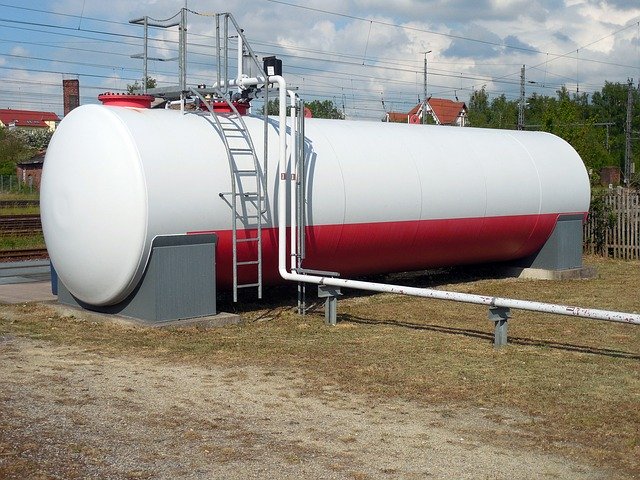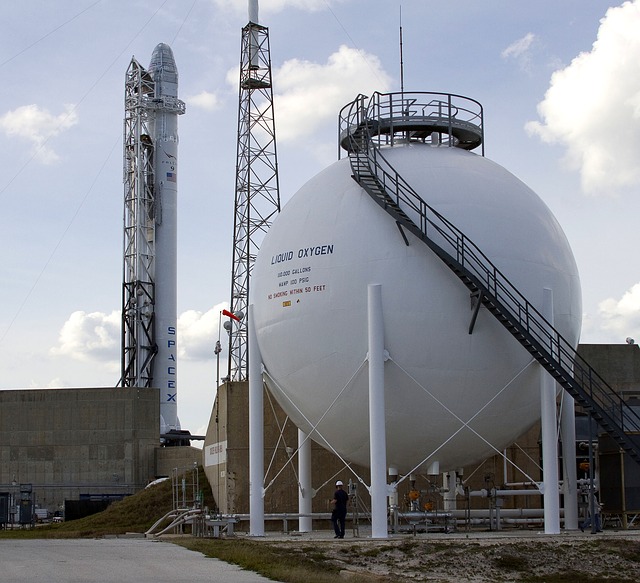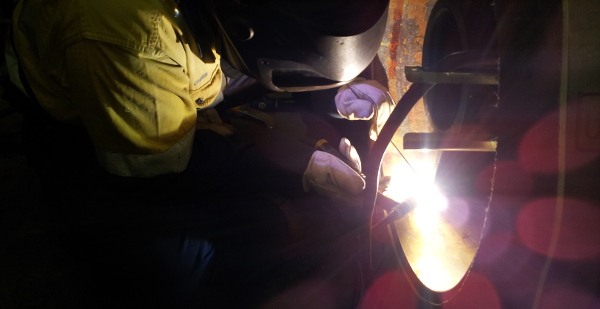WelderDestiny › Welding Jobs › Fabricator Welder Jobs
Fabricator Welder Jobs
Fabricator Welder jobs on this page will be defined as those Welder jobs performed within a general purpose fabrication workshop. Typically the fabricator Welder job will entail welding on:
- Pressure vessels
- Small tanks
- Pressure piping
- Light to medium gauge structural steel
- Other light to medium weight engineering components and applications.
The WelderDestiny Compass: Weekly e-zine Subscription
You can take a look at "The WelderDestiny Compass" back-issues by clicking here.
Most
Welders actually start their careers by getting a job at a fabrication
workshop. It is a great place to be exposed to most of the different welding
processes that they may need in their later career as a Welder, and a wide
range of different materials. In other words, most Welders will be employed in fabricator Welder jobs at different times in their career. Some workshops may specialize in the welding of a
narrow range of materials, like aluminium, titanium or stainless steels, but
most workshops will be exposed to a wide range of materials. Sometimes
workshops will specifically exclude work on materials such as aluminium or
titanium due to some rather specific welding challenges that they bring.
 Small Fuel Tank Small Fuel Tank |
 Sphere for High Pressure Storage Sphere for High Pressure Storage |
Materials Typically Welded
Below
is a list of materials that you would typically be required to weld in welder fabricator jobs. Keep in mind that some workshops actually specialize in specific materials
while others may exclude some due to specific technical challenges.
- Carbon steel: Unless the workshop specializes is a specific material, this is the material you will be welding most of the time.
- Austenitic stainless steel: Typically type 304 or type 316 stainless steels. (The 300 series.)
- Nickel based alloys: There are a wide variety of nickel based alloys. These are mostly used in petro chemical plants for their corrosion resistance and the power generation industry for their high temperature resistance.
- Low alloy steels: There are a wide variety of low alloy steels designed for a number of different applications such as high temperature creep applications, or low temperature impact resistance.
- Aluminium: While some general purpose workshops will dabble in welding aluminum, they often prefer to get a specialist fabricator to do this work when it is a critical application.
- Titanium: Many fabrication workshops will not weld titanium due to the very stringent cleanliness and purging requirements. You may be exposed to welding this, but serious titanium work is generally done by specialist fabrication workshops.
Skills for Fabricator Welder Jobs
Due
to the wide variety of work that can pass through a general fabrication
workshop, the types of welding processes used in fabricator welder jobs are also very wide. This is one
of the reasons that Fabricator Welder jobs early on in your career can
be very advantageous. The typical welding processes and skills required in fabricator Welder jobs are:
- Gas Tungsten Arc Welding: (GTAW) Also often called Tungsten Inert Gas (TIG) welding. This is the go-to process for achieving very high quality welds, and is typically used for the root run of single sided welds or for welding thin components, or other components where high levels of control are required. Deposition rates are however normally low. Current automation of the process is however introducing variants that have high deposition rates.
- Shielded Metal Arc Welding: (SMAW) This is also called Manual Metal Arc (MMA) or stick welding. This is probably one of the most versatile processes, although many workshops are trying their best to reduce its use because it has relatively low deposition rates, but without the higher level of control that GTAW provides. None the less, it is still one of the most widely used processes, so you need to know how to perform SMAW welding really well.
- Flux Cored Arc Welding: (FCAW) This process is largely replacing SMAW in many fabrication workshops. It provides a significantly higher deposition rate, and can be used in most of the applications where SMAW was used in the past. Having said this, there are some applications where it is not as good as SMAW.
- Gas Metal Arc Welding: (GMAW) Also called Metal Inert Gas (MIG) or Metal Active Gas (MAG) welding. Workshops like using GMAW because it is clean and can have quite a high deposition rate. A big application for GMAW is also in depositing single sided root runs in pipe, using special wave form controlled short circuiting transfer processes such as Surface Tension Transfer. (STT) STT is a Lincoln Electric trade name. Other equipment suppliers have their own equivalent equipment, but they will call it something else.
- Submerged Arc Welding: (SAW) SAW is typically only used in the flat / horizontal welding position, and as a machine process (Semi-automatic is possible, but only rarely used.) can only be used on very predictable welding preparations. So, typically used on pipework or vessels that can be placed on rollers, or plate work that can be rotated to ensure that the welding takes place in the flat or horizontal positions.
- Plasma Arc Welding: (PAW) This is less often used, but is sometimes used in automated set-ups to deposit root runs. It is often then used in tandem with another process such as GMAW to deposit the fill / cap. This is quite common on stainless steel tanks.
- Orbital GTAW: (O-GTAW or O-TIG) This is an automated GTAW process which is often used for small diameter Corrosion Resistant Alloy (CRA) piping applications. For the Welder this is mostly a matter of learning how to use the necessary automated equipment, rather than it requiring a high skill level. Non the less, there are quite a number of different orbital GTAW equipment manufacturers, and they all have their own issues.
 GTAW Maintenance Welding
GTAW Maintenance WeldingAutomation in Fabricator Welder Jobs
A
word needs to be said about the automation of welding in fabricator welder jobs.
In the medium term, any workshop that operates in an environment where the cost
of capital is low, (think developed economies) will tend to migrate to
automation as far as practical. This means that more and more of the welding
work will be done in an automated environment within workshops, because the
environment is relatively well controlled. This means that it is very important
for those in fabricator Welder jobs to become comfortable with controlling and
using the automated systems. If you have the opportunity to get some training
in the use of the automated welding equipment, jump at the opportunity. That
experience will stand you in good stead in the years to come. Just be careful
not to neglect your manual Welder skills, because they will still be your edge
in many markets and environments.
WelderDestiny › Welding Jobs › Fabricator Welder Jobs
The WelderDestiny Compass: Weekly e-zine Subscription
You can take a look at "The WelderDestiny Compass" back-issues by clicking here.